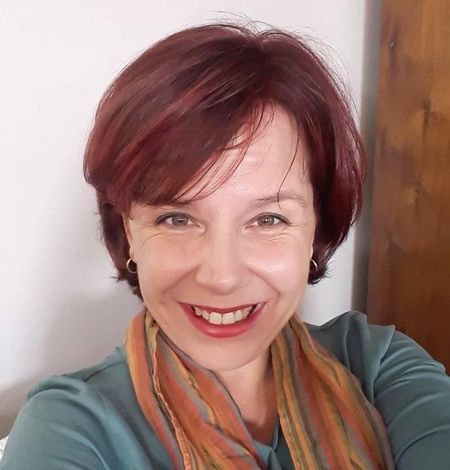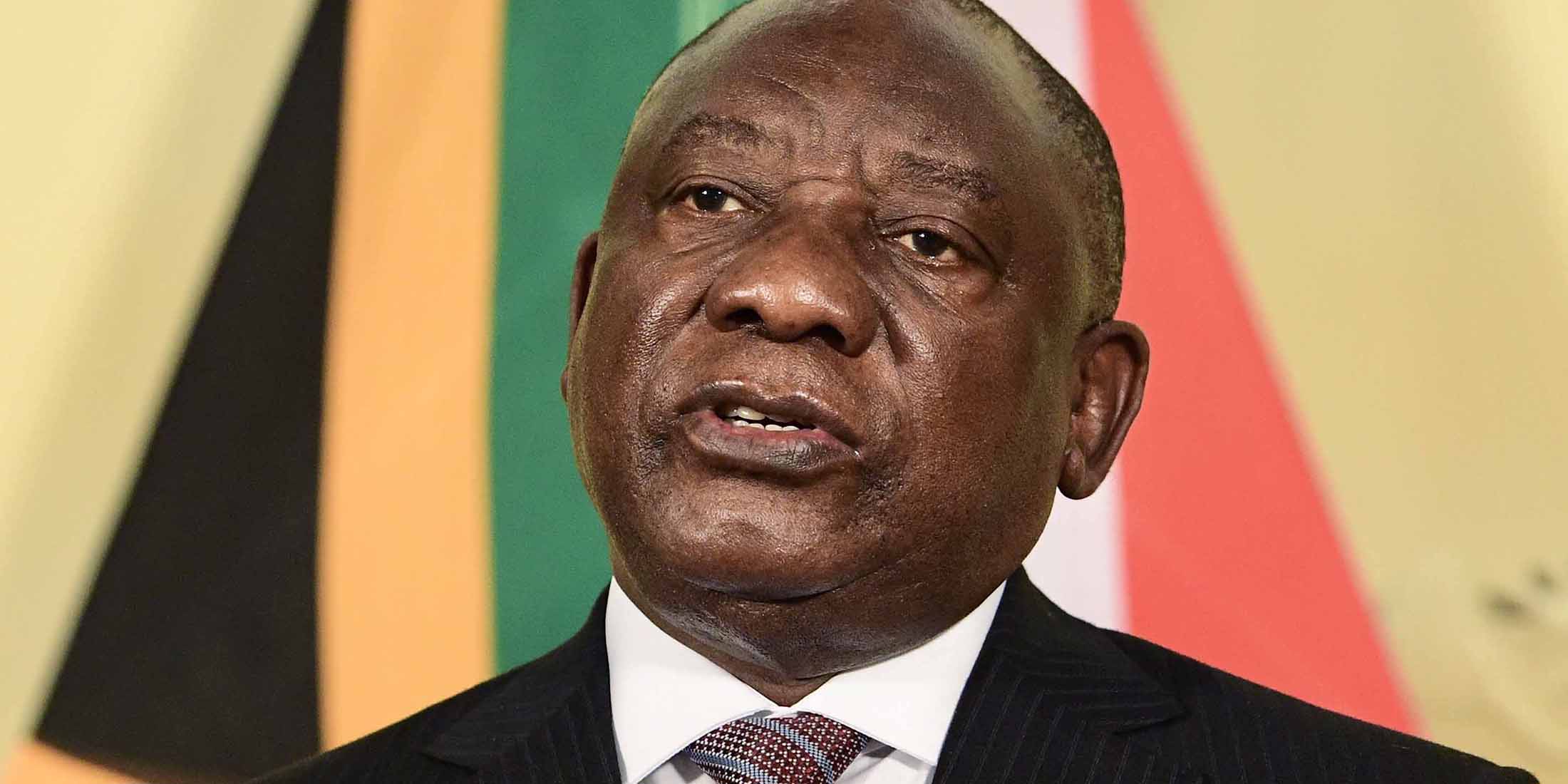With more than 4,000 active cases of coronavirus infections, and a death toll of 1,867 people, the Nelson Mandela Bay metro has become the first metro in South Africa to be declared an official coronavirus hotspot.
President Cyril Ramaphosa on Thursday night, 3 December, announced that as of 4 December the sale of alcohol on Fridays and over the weekends would be banned; no on-site alcohol consumption at licensed facilities would be allowed after 10pm and no consumption of alcohol would be allowed at beaches and parks.
This comes after the city’s metro police and the Eastern Cape Liquor Board found many non-compliant facilities where large parties, some of close to 2,000 people, would spill into the streets with few patrons wearing masks. Head of the metro’s disaster management forum Shane Brown has raised serious concern over large parties at the city’s beachfront.
Ramaphosa said gatherings — including religious gatherings — may not be attended by more than 100 people for indoor events and 250 for outdoor events. At all times, the number of people in a venue may not exceed 50% of the capacity of the venue.
The Nelson Mandela Bay municipality on Tuesday indicated that applications for permits for public events will be refused and that the city’s large public venues will be closed.
Ramaphosa said post-funeral gatherings have been prohibited.
“These additional measures are necessary to contain the resurgence in Nelson Mandela Bay, to prevent outbreaks resulting from social gatherings and to protect the capacity of the healthcare system to provide care to those who need it.
“In determining these restrictions, we have sought to take those steps which are absolutely necessary to save lives while limiting disruptions to the economy,” he said.
The president said that for 100 days since the middle of August, the rate of new infections had been stable at below 2,000 but this has changed in the past three weeks with a marked rise in new infections and hospital admissions.
“There is now clear evidence of a resurgence of infections in parts of our… country, which, if not confronted decisively and directly, could lead to great suffering and death,” he said.
According to statistics from the national Department of Health, South Africa was recording an average of 1,500 new cases a day in the first week of November. By the last week of November, this had almost doubled to an average of about 2,900 new cases a day. On Wednesday, 2 December South Africa recorded more than 4,400 new infections, the largest daily increase since mid-August.
“The total number of hospital admissions is now over 5,800 nationally and is increasing. Three weeks ago, hospital admissions were 4,900.”
Ramaphosa said Nelson Mandela Bay and the Sarah Baartman District in the Eastern Cape and the Garden Route District in the Western Cape accounted for most new cases.
“Hospital admissions in these districts are on the rise, in some instances comparable to those during the first wave of infections. In the Eastern Cape and Western Cape, there has been an increase in both reported Covid-19 deaths and excess deaths. This must be a concern for every one of us,” he said.
Ramaphosa said several hospitals in the Nelson Mandela Bay Metro had reported a rise in alcohol-related trauma admissions. These were diverting the capacity of the casualty units to deal with Covid-related cases.
“But by far the greatest contributing cause of infections is that many people are not wearing masks and are not observing proper hygiene and social distancing.
“As I said during our last family meeting, at alert Level 1, we have the measures we need to control the virus. But our main problem is that there are parts of the country where people are not complying with the current restrictions and the basic prevention measures are not being followed,” Ramaphosa said.
“The most urgent task before us right now is to contain the rise in infections in the affected districts in the Eastern Cape and Western Cape, and to ensure that a similar situation does not develop in other parts of the country.”
The government is implementing a “resurgence plan” Ramaphosa said, which had been developed with the World Health Organisation’s surge team.
“We are making more capacity available at hospitals and clinics in these areas. We are expanding public health interventions such as testing, contact tracing, isolation and quarantine. We are also stepping up our awareness campaigns around public health regulations.
“We must change our behaviour now to prevent a resurgence of the virus and manage outbreaks wherever they occur… At the same time, we need to do all we can to keep the economy open and to push ahead with our reconstruction and recovery effort,” the president said.
Explaining the reasoning of the national command council, Ramaphosa said that when identifying a hotspot, consideration was given to the number of new Covid-19 cases a day, the testing rate within the population, the percentage positivity rate within the population, the number of active cases, the number of hospital admissions and the number of deaths.
He said that after extensive consultation with traditional leaders, the government had agreed that the summer initiation season in the Eastern Cape may go ahead everywhere but in Nelson Mandela Bay.
“This is because traditional leaders in the Eastern Cape have submitted a risk-adjusted plan that has been approved by departments of Health and Cooperative Governance and Traditional Affairs. However, due to the high rates of infection in the metro, no initiation schools will be allowed in Nelson Mandela Bay,” Ramaphosa said.
Acting executive mayor of the metro Thsonono Buyeye, however, said on Wednesday that there were more than 7,000 boys in the metro waiting to “go to the bush” and he feared that if the initiation season was cancelled in Nelson Mandela Bay, they would go to other venues in the province and spread the virus in this way.
Ramaphosa said the measures in Nelson Mandela Bay were not meant to punish residents.
“They are not intended to increase the hardship experienced by our citizens. These measures are needed to contain the spread of the virus and to save lives,” he said.
Ramaphosa said Minister of Health Dr Zweli Mkhize would visit the Sarah Baartman District (this includes large parts of the Karoo, but also the Kareedouw area and popular holiday destinations such as Jeffreys Bay and St Francis Bay) and the Garden Route to assess the situation and liaise with stakeholders in the province.
“Based on this assessment and the development of the disease in these areas, the National Coronavirus Command Council will determine the appropriate course of action,” Ramaphosa said.
The national state of disaster has been extended to 15 January 2021, he added.
“We have instructed law enforcement officials to ensure compliance with the law, by owners, controllers and managers of workplaces, shops, institutions and buildings to ensure social distancing and wearing of masks. Taxi operators are also required to ensure that all their passengers wear masks. In addition, each one of us will be required to comply with the curfew times,” Ramaphosa said.
The president provided an update on the search for a vaccine, saying that the country continued to “collaborate with our partners in the international community to ensure that all countries have access to an effective and affordable vaccine.”
“We are participating in the World Health Organisation’s Covid-19 Global Vaccine Access Facility — known as the Covax facility — which aims to pool resources and share vaccine development risk and thus ensure equitable access to vaccines when they become available. We are encouraged that the Solidarity Fund will be making the initial contribution of R327-million towards this vaccine procurement on behalf of our country,” he said.
“If there is anything this pandemic has taught us, it is the danger of becoming complacent,” Ramaphosa concluded.
“If there was ever a time for caution, it is now… Unless we take personal responsibility for our health and the health of others, more people are going to become infected. More people are going to die… Tonight we stand in solidarity with the people of the Nelson Mandela Bay Metro as they work to contain this outbreak. I have the utmost confidence that the leadership of the Eastern Cape is doing and will do all that is necessary to bring the rate of infection down once again,” he said. DM/MC





 President Cyril Ramaphosa addresses the nation on Thursday, 3 December on South Africa’s response to the resurgence of the coronavirus pandemic. (Photo: GCIS / Jairus Mmutle)
President Cyril Ramaphosa addresses the nation on Thursday, 3 December on South Africa’s response to the resurgence of the coronavirus pandemic. (Photo: GCIS / Jairus Mmutle)